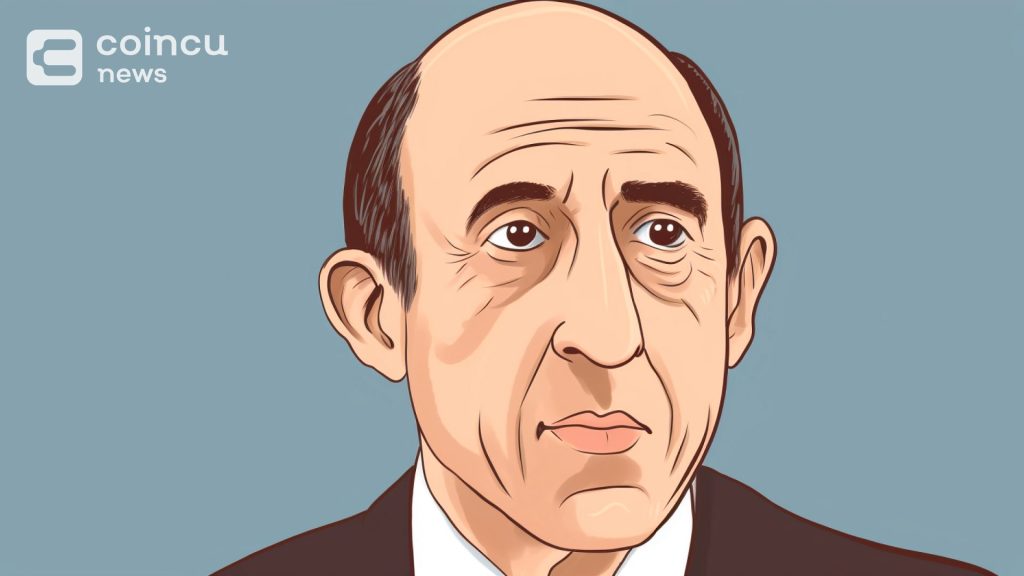Robinhood Wells Notice Is a Warning to Tokens Violation Of Securities Laws, SEC Chair Said
Key Points:
- SEC Chairman Gary Gensler emphasizes the need for transparency and regulatory oversight in the cryptocurrency industry.
- Robinhood Wells Notice from the SEC indicates potential legal action over alleged securities violations in its cryptocurrency operations.
- Robinhood CEO Vlad Tenev speaks out against regulatory pressure, warning of negative impacts on innovation and consumers amidst ongoing scrutiny.
The United States Securities and Exchange Commission (SEC) Chairman, Gary Gensler, reiterated concerns about cryptocurrency regulation and investor protection during recent interviews on CNBC Squawk Box.

Robinhood Wells Notice Is SEC Scrutiny Over Cryptocurrency Operations
Gensler highlighted the need for greater transparency in the crypto industry to aid investors in making informed decisions. He emphasized that many tokens might be considered securities and stressed the importance of regulatory oversight to address compliance issues.
The SEC’s scrutiny extends beyond mere statements, as evidenced by the issuance of Robinhood Wells Notices. Gensler referenced ongoing litigation against Coinbase, emphasizing the SEC’s role in enforcing securities laws.
Robinhood CEO Condemns Regulatory Pressure Amid SEC Investigation
Robinhood’s CEO, Vlad Tenev, broke his silence in response to mounting regulatory pressure, particularly concerning the Robinhood Wells Notices received from the SEC. Tenev condemned what he described as a “regulatory onslaught,” warning of adverse effects on innovation and consumers. The notice signals the conclusion of the SEC’s investigation into Robinhood‘s cryptocurrency operations, potentially leading to legal action against the platform.
Despite Robinhood’s assertions that trading restrictions were due to federal requirements rather than collusion with hedge funds, the company continues to face scrutiny over its actions.
Gensler’s remarks and the SEC’s actions underscore the ongoing debate surrounding cryptocurrency regulation and the need for clarity and oversight in the evolving digital asset market.
| DISCLAIMER: The information on this website is provided as general market commentary and does not constitute investment advice. We encourage you to do your own research before investing. |






















